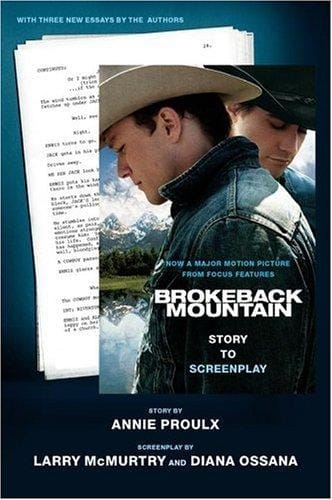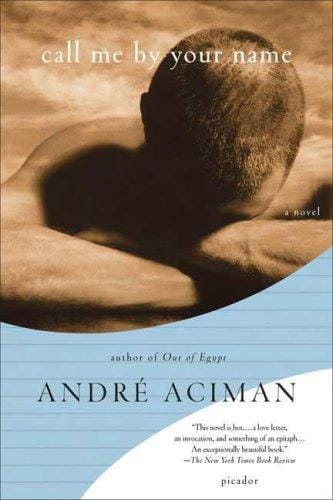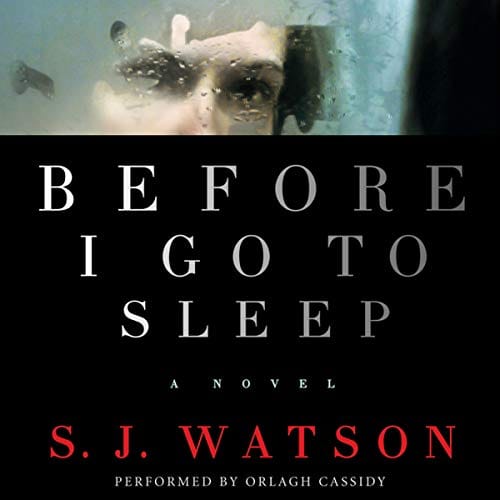Brokeback Mountain: A Landmark in LGBTQ+ Cinema and Storytelling
Explore Brokeback Mountain’s plot, themes, and cultural legacy in this in-depth article about Ang Lee’s award-winning film that redefined LGBTQ+ representation.

Introduction
When Ang Lee’s Brokeback Mountain premiered in 2005, it immediately ignited conversation well beyond film circles. Adapted from Annie Proulx’s 1997 short story, the film chronicles the complex relationship between two cowboys whose love defies the social norms of the American West in the 1960s. Brokeback Mountain did more than win awards; it re-framed mainstream perceptions of queer romance, masculinity, and the Western genre itself. Nearly two decades later, the movie remains a cultural touchstone and a vital reference point in LGBTQ+ cinema.
Plot Synopsis
Set against the sweeping landscapes of Wyoming, the narrative follows ranch hands Ennis Del Mar and Jack Twist, portrayed by Heath Ledger and Jake Gyllenhaal. Hired to herd sheep on Brokeback Mountain during the summer of 1963, the men develop an unexpected bond that evolves into a passionate relationship. After the season ends, they return to their separate lives, marry women, and start families, yet the pull between them persists. Over the next 20 years, clandestine trips to the mountain underscore the highs and lows of a love they can neither fully embrace nor abandon, ultimately culminating in tragedy.
Powerhouse Performances
Ledger and Gyllenhaal deliver performances that anchor the film’s emotional weight. Ledger’s Ennis is guarded and taciturn, conveying deep turmoil through minimal dialogue and subtle physicality. Gyllenhaal’s Jack, by contrast, is expressive and yearning, eager to imagine a life where their love can exist openly. Supporting roles by Michelle Williams and Anne Hathaway bring additional layers, portraying spouses caught between social expectations and the unspoken truths of their marriages. The ensemble’s nuanced acting earned widespread acclaim and multiple award nominations, including three acting Oscar nods.
Direction and Cinematography
Ang Lee approaches the story with a restrained, observational lens, allowing emotion to simmer rather than explode. Cinematographer Rodrigo Prieto captures the grandeur of wide-open prairies juxtaposed with the intimate, hidden spaces where Ennis and Jack’s relationship unfolds. Sweeping vistas emphasize the freedom symbolized by nature, while close-ups foreground the internal prisons forged by societal judgment. The visual style echoes classic Western imagery, yet subverts the genre’s macho conventions by placing a vulnerable queer romance at its center.
Musical Score
Composer Gustavo Santaolalla’s minimalist score employs plaintive guitar motifs that mirror the film’s themes of longing and restraint. The recurring melody, punctuated by moments of silence, evokes the unspoken feelings between the protagonists. Santaolalla’s work won the Academy Award for Best Original Score, solidifying the film’s atmosphere of melancholy beauty while never overwhelming the narrative. The music acts as an emotional bridge, guiding audiences through time jumps and shifting seasons with gentle, haunting consistency.
Themes of Forbidden Love
Brokeback Mountain explores forbidden love not as a sensational plot device but as a deeply human conflict shaped by time and place. The film illustrates how external pressures—family, religion, and regional conservatism—conspire to suffocate authentic desire. Rather than positioning the relationship as purely tragic, the story also celebrates moments of genuine joy on the mountain, highlighting the universal need for connection. This balance between ecstasy and sorrow elevates the narrative from a singular queer tale to a universal meditation on love’s resilience and fragility.
Masculinity and Repression
The Western genre traditionally glorifies rugged individualism and stoic masculinity. Brokeback Mountain interrogates these tropes by revealing the emotional cost of such expectations. Ennis embodies the strong, silent archetype but pays for it with isolation and suppressed identity. Jack’s attempts to challenge these norms showcase the peril of openly confronting homophobia in mid-century rural America. The film thus critiques a culture that equates vulnerability with weakness, prompting broader reflection on how societal constructs can stunt personal growth.
Cultural Impact and Awards
Upon release, Brokeback Mountain earned three Academy Awards—Best Director, Best Adapted Screenplay, and Best Original Score—and was heralded by critics as a masterpiece. Yet its impact transcended trophies. Headlines coined the phrase “the Brokeback effect” to describe increased dialogue around queer issues in mainstream media. The movie also faced backlash from conservative groups, highlighting ongoing cultural divides. Still, its commercial success proved that queer narratives could resonate with global audiences, paving the way for future LGBTQ+ films to secure wider distribution and funding.
Legacy in LGBTQ+ Cinema
Brokeback Mountain’s legacy lies in its ability to blend arthouse intimacy with studio-level polish, proving that LGBTQ+ stories need not remain niche. Filmmakers cite it as inspiration for projects such as Moonlight, Call Me by Your Name, and God’s Own Country. Its nuanced portrayal of bisexual and gay identities encouraged more complex characters in television and film, moving the industry beyond stereotypical depictions. The film also continues to find new audiences through streaming platforms, ensuring its themes remain relevant for younger generations.
Conclusion
Nearly 20 years after its release, Brokeback Mountain endures as a poignant exploration of love constrained by time, place, and prejudice. Ang Lee’s delicate direction, combined with stellar performances and evocative cinematography, crafts a timeless narrative that resonates with anyone who has grappled with desire and duty. As conversations about representation and inclusivity evolve, the film stands as both milestone and reminder: authentic stories possess the power to shift culture, foster empathy, and, in their own quiet way, change the world.



